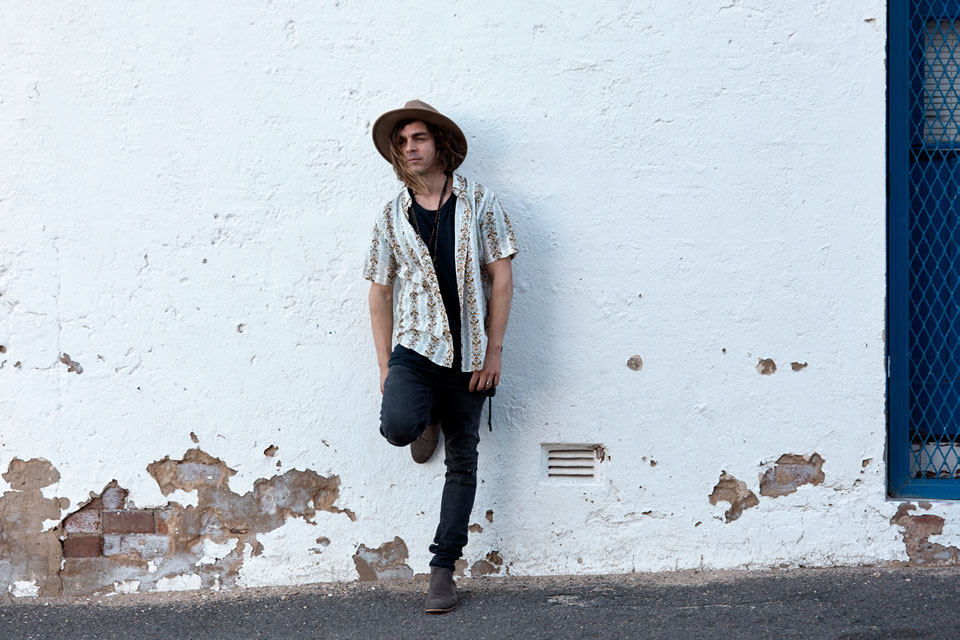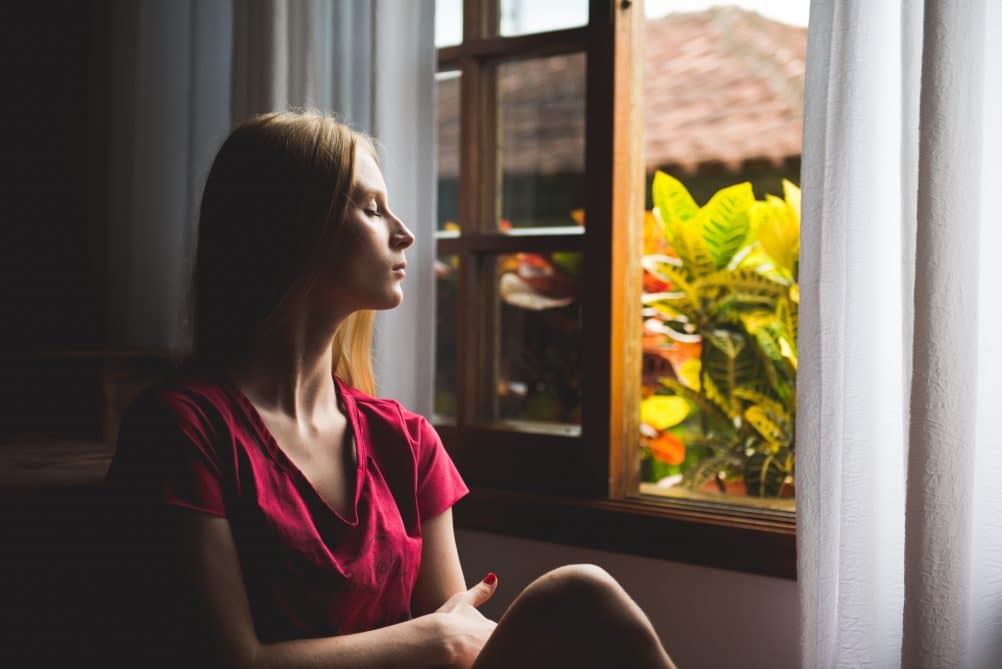
Tag: Meditation

Being there
A transcript from Anxiety Depression | Meditation Mindfulness video by Nathan Cavaleri Meditation and mindfulness played a huge role in getting me back up on stage. Not long ago it was an ordeal for me just to go down the road and have drinks with a mate. I didn’t understand the relationship between thoughts and biochemistry,

Why yoga and meditation can help change your drinking
One of the aims of a practice like yoga and meditation is to be able to slow down, calm the mind and to feel whatever arises for you. It is important to have a way to connect back in with yourself, and that may be scary for some people. For those who have an unhealthy

How to surround yourself with positive people
The best advice I have heard about living the most fulfilling and optimistic life was given to me by a man I hold in the highest regard. A man who is a father to eight kids, plus half the neighbourhood. A man who makes the most of every situation and even if something really shitty

How to Meditate & Clear Your Mind
Meditation has been around for thousands of years and has proven psychological, physiological and spiritual benefits. It’s a difficult task to master, but if you can somehow introduce a regular meditative practice into your daily life, you will soon begin to notice positive changes.
How to bring your A-game
Clarity of mind is difficult to attain, both with or without the effect of alcohol. We considered a few ways to develop a sense of clarity and uncover energy to meet every day with your A-game.
I Was Always Such a Great Drunk
Written by Kat Hurley, from The Year of Magical Dreaming It’s fall. The smell of whiskey and hoppy brews sneak out of the bars and onto the streets to tempt those of us who know just how delicious are the pairing of season and sip. In year’s past, football would have been enough excuse to






